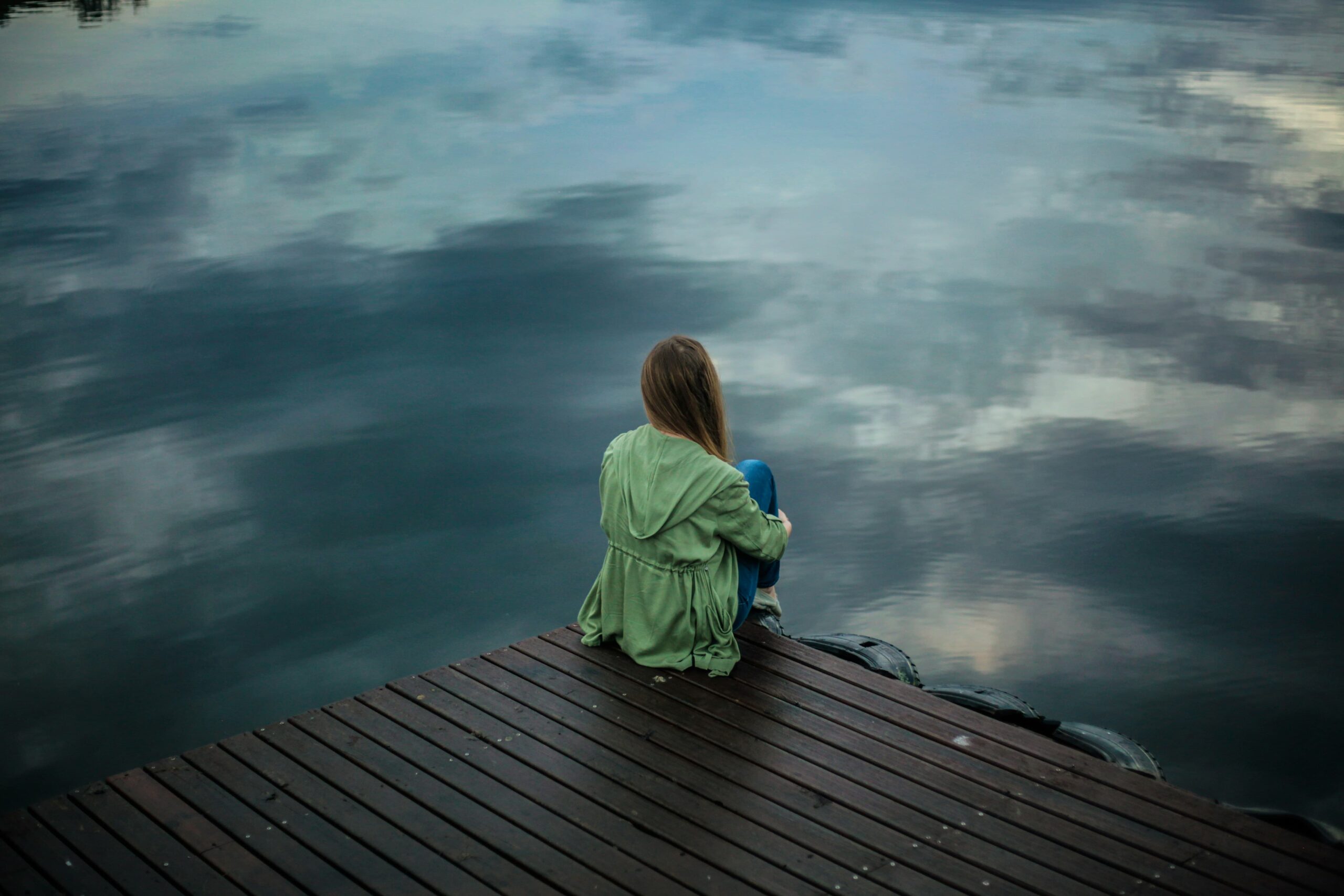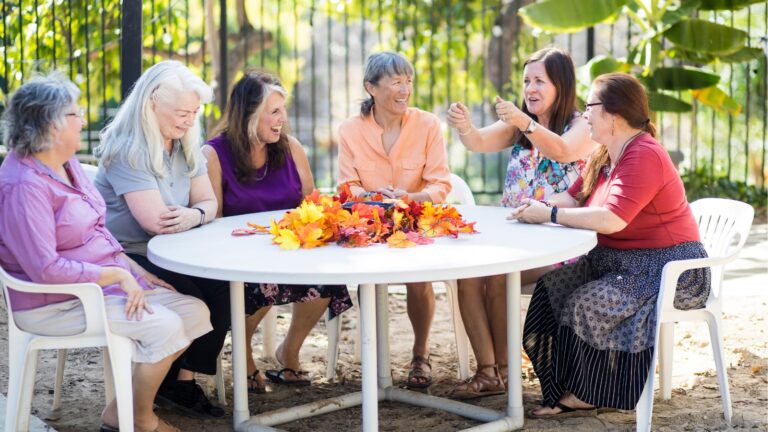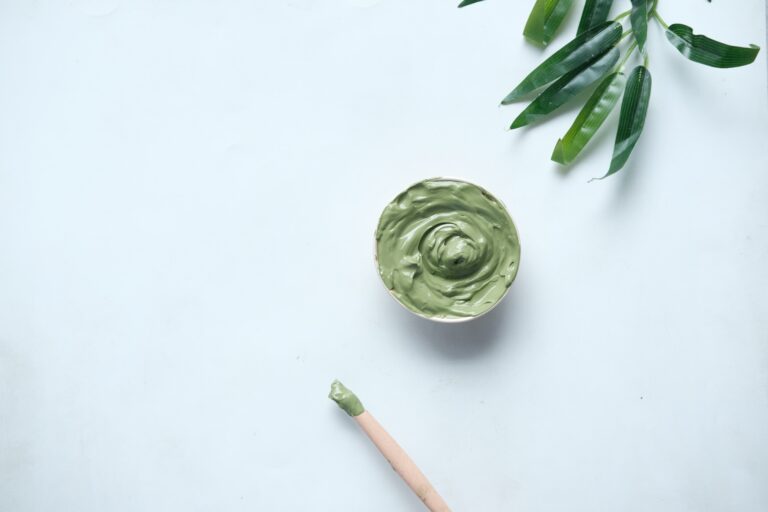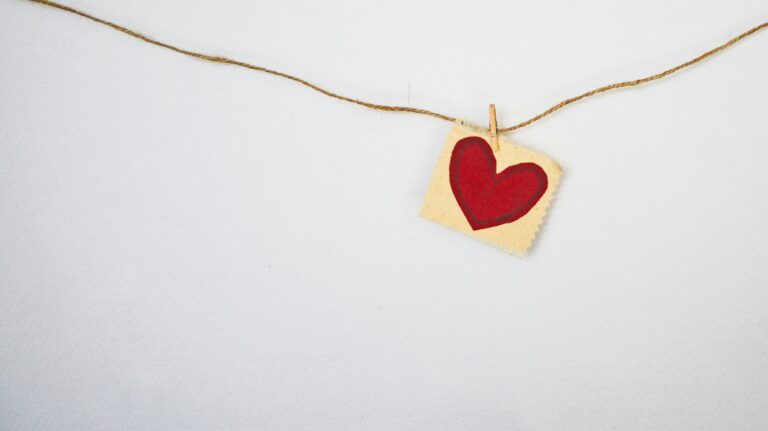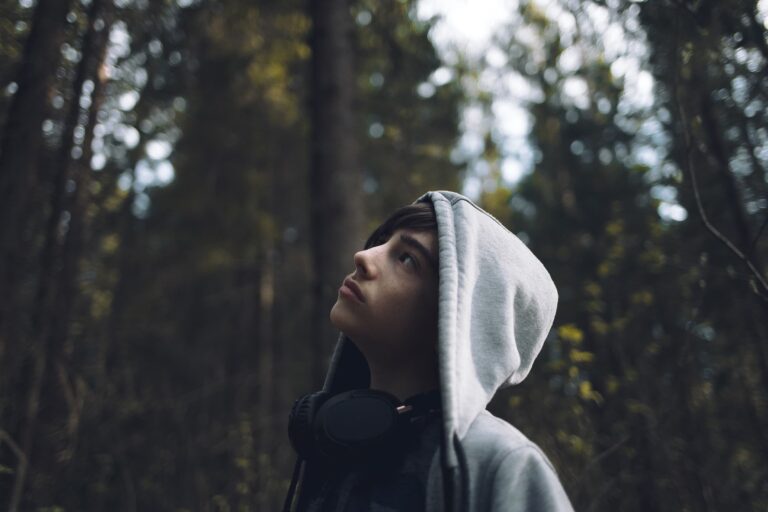Addressing Loneliness After Loss: Insights for Widows on Their Road to Healing
When you step into the world of widowhood, it feels like peace has packed its bags and left the building. The feelings of loneliness after loss are like these heavy, dark clouds that follow you around, convincing you that the life you knew and loved is forever out of reach. Life seems like this maze of confusion and chaos where happiness is just a memory.
One of the most profound struggles many widows face is distinguishing between being alone (a state of being) and feeling lonely (an emotion). It’s easy to confuse the two when you’re in the thick of it, mourning the physical absence of your spouse. Being alone is just that—there’s no one else physically there. Loneliness, in contrast, is the emotional turmoil you feel because of your loss. It’s about the memories, the what-ifs, the silent moments that used to be filled with laughter and conversation.
But loneliness is more than just an emotion—it’s a call to action. It’s a nudge to reach out and connect, whether that’s with others who understand, with new hobbies, or even with parts of yourself you’ve neglected. Yes, the invitation to dive into the land of the living again might not always sound appealing, especially when grief decides to be your “plus one.”
But here’s the kicker: those connections, those moments of reaching out, they’re the lifelines that slowly pull you back to the surface.
Key topics in this episode:
- Understanding the difference between the physical state of being alone and the emotional experience of feeling lonely
- How reaching out, engaging in self-care practices, and finding support groups can provide comfort and a sense of belonging during the grieving process
- The significance of self-care and engaging in activities that promote personal growth and emotional healing
The feeling of loneliness often signals a deeper need for connection. Despite the overwhelming nature of grief, there are ways to live alongside loneliness without letting it define your existence.
If you’re feeling like you’re in this all alone, like peace and a happiness is a ship that’s sailed, we’re here to tell you it’s not. By embracing the messiness of it all, we’ve discovered ways to carry loneliness without letting it weigh us down.
And you can too.
Listen to the Full Episode
Links + Resources From This Episode
- A to Z Healing Toolbox: A Practical Guide for Navigating Grief and Trauma with Intention
- Are you searching for emotional support, practical advice, and guidance on navigating widowhood? Join us in the Widow Squad membership
- Follow us on Instagram and subscribe to our YouTube channel
Episode Transcript
Kim: Well, let’s start this off by identifying the difference between loneliness vs. being alone. I think a lot of widows think that they’re lonely because their spouse died, but they’re alone because their spouse died. Being alone and feeling lonely are two different things. They’re alone because there’s nobody else in the house. Right? They’re the only ones there. They know this. This is a fact.
But they’re feeling lonely because of the thoughts about their spouse’s death. So that just one thing I want to make clear, that one’s a physical state of being, and one’s an emotional state of being or belief. The physical state of being is you’re alone. The emotional state of being is you’re feeling lonely because of the death. That’s the biggest struggle. The biggest challenge widows have is with loneliness. These feelings are exacerbated because they are confused with the grief and the overwhelm and everything that’s going on.
And they’re just thinking that this will never change and they’re going to be lonely forever, and they think that’s a fact.
But your beliefs about loneliness will determine your reality. So, it’s important to make that distinction between the two. I felt like I would never be happy again. I thought I would be lonely forever. I was going to be the old lady with the gnome statues in my yard and the cats in my house. Okay? I would be the gnome lady and the cat lady, who would never be happy for the rest of my life. So, you know, I just kind of want to make that distinction that our feelings create a lot of our reality around loneliness, but it’s not abnormal that it’s your biggest challenge.
Melissa: I was telling myself that same story. Like, I’m going to be the cat lady and I don’t like even like cats because I’m allergic to them.
When you’re new to this or even, you know, two to three years out, you’re still struggling with loneliness. But it’s a feeling. Loneliness is a feeling. You can live alongside that feeling.
Kim: You just don’t know how to do that in the beginning, because you’re learning every other emotion that you’re feeling that you’ve never had to feel before. There’s just so many new things coming at you at once. And when you’re alone in your house, that physical state of being makes you think that this is the way it’s always going to be. It will never change. I drew the short straw.
Now I’m destined to be alone forever.
The feelings of loneliness are just a signal for connection. That feeling of loneliness is just that signal for you to make connections with other people. You don’t always want to when you’re newly widowed or even again two to three years out. You don’t always want to make those connections. But when you’re having that feeling of loneliness, that’s the signal to connect. You’re just denying that to yourself or not believing that it’s what you need.
We’ve talked before about not always accepting all the invitations that people extended to us in the beginning.
Melissa: Right.
Kim: But it didn’t mean we didn’t want to continue to be asked. When you’re newly widowed, you’re not always in a place to want to be social and to want to be around other people, and especially not around other couples. And we went through it too. We didn’t want to be around other couples.
In the beginning, that makes sense. It’s normal. But eventually, you need to get back out into that land of the living and make those connections again because that’s where those really intense feelings of loneliness come from when you’re not allowing yourself that interaction and that connection.
Embracing Self-Care: Reconnecting with Yourself Through Healing Practices
Melissa: And when you talk about connection, you can talk about connecting with yourself.
Because, like taking care of yourself is a practice to build your inner strength. You’re rebuilding your life. It’s a daunting task.
And it can be done, and it will be done. The way to do that, to kind of strengthen yourself, is connecting with yourself through some self-care practices.
So I thought I’d maybe we can just touch on a few of those.
Kim: Great idea.
Melissa: We had a Widowed Squad meeting where we were talking about journaling.
And, we had a person really struggling, and one of the other members said, “hey, I journal. I write down everything that’s in my head. Sometimes it’s not the prettiest stuff in the world, but it’s just a way to recognize your feelings without judgment.” Get them on paper. You don’t have to say them to somebody if you don’t want to, but you get them on paper and it’s out of your head.
I just thought that was just a really cool thing for one member to help another member and just said, like, “this is what I do.” And I think everyone received it really well. It was great to hear that was helpful.
Kim: You and I have both done that. I’ve said many times, I don’t want other people reading my journals. I really don’t. I shred my pages. I don’t even keep them. But I want to get that stuff out of my head.
You don’t have to share them or keep them or anything, but the whole idea is just getting in touch with whatever it is you’re feeling at the moment.
Melissa: So that’s a great way to connect with yourself and start kind of bolstering yourself and building some of that inner strength. You know, the term self-care is bandied about, but it’s really tailored to you and your personal preferences. For some, it might mean taking a bath. I don’t like baths. I want to take a shower. Your self-care is whatever you want. It’s just a way to care for yourself and get your needs met.
We talked about this in a previous podcast about podcasts, about mindfulness or meditation techniques to calm yourself and calm your mind and deep breathing to soothe yourself. Because this is a really, really stressful. This is hard.
We need ways to calm ourselves and regroup. So there are some great apps for deep breathing, mindfulness, and meditation. I think we’ve touched on the Insight Timer app and the Calm app.
Headspace is another great alternative that gives you guided ways to calm yourself.
Kim: There are so many ways to meditate, per se. You can just listen to music. I waffle a lot between meditation types because I don’t like to be stuck in a chair and sitting in a routine every morning doing that same thing. So I listen to music sometimes. Whether it’s YouTube or my SiriusXM app or whatever, there’s plenty of options for forest sounds or rain or what I really like too, actually, the new one that I’ve been listening to is Brain FM. Have you heard of Brain FM?
Melissa: Brain FM? Uh-uh.
Kim: It’s called Brain FM and this gives music options depending on what you’re doing. So if you’re trying to relax, focus, or sleep, it’s based on binaural beats.
I’ve been using that a lot for focus when I’m working at my desk. If I want to get something done, I’ll put that on. So if you’re not into meditating, or even if you’re not into journaling right now or it’s not something that you’re focusing on right now, you can use music to achieve that same kind of calm or focus or relaxation or sleep, because they do have sleep songs too.
My music is my form of self-care these days.
Melissa: Sometimes it changes, you know, every week.
Kim: It does.
Melissa: Sometimes I’ll just be like music, music, music. And I’m like, I think I want to listen to a podcast or I think I want to, you know, read a book or whatever. Like, it changes every week. It’s kind of your own personal practice, which it totally should be.
The Insight Timer app is free and you can upgrade to a paid version. Sometimes I need to take a nap, but I want to make sure that it’s like a 20-minute nap. So, the app gives you soothing music and then you get a ding at the end. It’s not like an alarm. It’s just like a little ding. And then I’m feeling really refreshed. You know?
Figure out what works for you and try it out. If it doesn’t work, try something else. You can always pivot. We talk about pivoting a lot. If one thing doesn’t work, go down another road.
Kim: Go down a new road. I think you sometimes get where you’re like, I don’t like meditation. Or I don’t like self-care. Why should I do self-care? It’s not this big thing you have to accomplish. It’s not this big task. It’s the little things that make the difference.
Whatever that means to you. It doesn’t have to be what your neighbor’s doing or what the widow in your support group is doing. It’s whatever brings you that little bit of peace.
Rediscovering Yourself: Nurturing Self-Esteem and Managing Loneliness in Widowhood
Melissa: Again, being super curious. This doesn’t have to be overwhelming at all. These are just ways to really get to know yourself. You’re in a position now to where you have to have your own back.
You’ve got things you would have talked to your partner about. Well, they’re not there anymore, but you can journal it. You can write it down. And you’re really getting to know yourself again, because you’re different now. One thing is to reengage with things that you used to do. Maybe there are things you used to do that you just don’t do anymore. And maybe just be curious and reengage with something whether it’s a hobby or an interest or something you used to do, or try something new.
I was talking to Susan Hannifin-MacNab. She’s been on the podcast. We were talking about how if you don’t like to journal, a great practice is to take pictures or magazines or something visual, pull those out, get a glue stick, and whatever’s resonating with you, if you’re pissed, you’re angry, you’re happy, you’re sad, whatever, pull those things out and put those pictures in a journal.
This suggestion is in her book A to Z Healing Toolbox. Because sometimes words hard to string together. So it’s just using that other part of your brain.
Kim: Even if you like words, which I did, I was very angry. Everything I was writing was just so angry. And I honestly didn’t want to read my anger on the page either. I think that’s a great idea even if you like to journal. Sometimes I didn’t want to journal because I was just so mad, and I didn’t like what I was writing. But that visual way to do it is a little less, not stressful, but just a different way to use your brain, I guess. Yeah, I like that.
Melissa: I thought it was a really a creative way to express yourself.
Just rediscovering a passion offers a sense of accomplishment. There’s a huge lack of confidence when you’re widowed. Your self-esteem is at an all-time low. When you can accomplish little tasks, it builds a bit of your confidence back.
Kim: It does.
Melissa: Brag about yourself. Brag about yourself in your journal. Tell yourself, like, I can’t believe I got up and took a shower today and brushed my teeth. Wow. I wasn’t able to do that yesterday. Look at me. That’s an accomplishment.
Kim: When you’re doing those activities alone, you’re realizing that maybe that loneliness feeling isn’t as intense because you’re being active, or you’re engaging your brain in some other way. You make that connection between being alone and feeling lonely and maybe the loneliness feeling isn’t so intense. When you take those little steps, you do those little things and you’re proud of yourself for doing them. The whole thing comes back to, can you do these activities and be lonely? Can those things exist in the same space? And they can.
We’re not telling you to get rid of the feeling of loneliness. We’re not saying that.
We’re not saying, “here’s some steps and if you do these things, you never feel lonely again.” Feelings make us human. They won’t go away. They’re going to recur at different times under different circumstances. Once we understand them a little bit better we know that they don’t really mean anything about us as people or how we’re grieving or how we’re healing, they’re just parts of being human. These are just ways to help you manage and understand it, not eradicate the feeling. We’re not trying to get rid of it, but just find ways to manage it a little bit better.
Melissa: Yeah. Like, by doing these five things, your loneliness goes away. No, that’s not true. But you can make yourself feel better. You can be lonely and feel better. I mean, you can. It’s weird. It’s hard to wrap your brain around.
Loneliness can walk alongside you as you’re as you’re rebuilding.
Kim: Yes. It can.
Seeking Support: The Power of Professional Guidance and Community Connection in Healing
Melissa: And if it gets a little too tough sometimes, and both you and I have done this, you can seek professional support. You don’t have to do it alone. You can seek help and guidance from a grief counselor or a therapist.
Grief gets confusing. It’s nice to have a third party holding a mirror to you said, “you’re actually normal.” You’re doing okay. Or give you some strategies or tools for your tool belt.
A form of self-care is taking care of your mental health.
Kim: Well, you’re covering two bases. You’re taking care of your mental health, but you’re also getting out of your house. You’re with another human talking about your issues. And that’s a huge, huge part of healing, is getting it out and getting that reinforcement that you’re not doing anything wrong.
By seeking professional help, you kill two birds with one stone. You get to help yourself, and you’re, making a connection and not being alone or lonely.
Melissa: Connection is the through point through all of this. When you’re alone and lonely, a big thing is connecting with other people. Right?
Kim: It’s connecting. And that’s what we don’t want to do necessarily in our grief is make those connections. But it’s almost like you have to if you want to get over that hump or get past that stage or phase.
We’ve talked before too about extending invitations to other people or accepting invitations from them or also extending invitations to other people that work around your schedule or your routine or whatever you’re doing. I know for me and other widows that we’ve talked to, sometimes we sat in our houses like, why isn’t anybody calling me? Why are they not inviting me to places? Why are they ignoring me? Other people go on with their lives. Okay? It’s just reality. They have their own families and their jobs and their everything else that they’re dealing with.
Not that they don’t think about you or love you or care for you or support you, but people aren’t necessarily sitting around wondering what the widow is doing in her house. It’s like we go back to our lives and everybody gets back to their routines. We can’t expect people to always be the ones reaching out to us. So, we have to be able and willing to make those connections, too.
Melissa: You’ve got family, you’ve got friends, you also have support groups out there. You know, there are lots of groups out there, like the Widow Squad. When we first started talking about the Widow Squad, the biggest thing we were trying to accomplish with this with this group was helping widows deal with loneliness.
Kim: If we do this group, if we create this place, this space, then widows won’t feel as lonely when they’re trying to rebuild their lives. So that’s always been the biggest challenge.
Melissa: Yes. Connecting and having it feel safe. Because I think I’ve been in spaces before online where I thought I was in a safe space, and I wasn’t. So we wanted to create a super safe space where widowed women could connect with each other.
And we’ve witnessed on our live calls widows helping each other. We’re all nodding our heads like somebody is really in a challenging spot, and they feel like they’re alone and nobody’s ever experienced this, whatever they’re going through, and we’re all just nodding, like, yes.
Kim: Yeah. Twelve people raising their hands and they’re like, “yeah, been there, done that.” We know what this is all about.
Melissa: And then helping each other. It’s just been a really beautiful experience.
Kim: It’s that feeling of you’re not the only one who’s ever had these awful thoughts. You’re not the only one who’s ever been mad at their spouse, for example. Like, you’re mad that this person died. It wasn’t their fault. They didn’t want to leave you or your family, but you still have that anger. So we talk about these feelings. In your mind, when you’re alone in your house, you’re thinking about what an awful human you are for having these thoughts, and we’re like, no. They’re normal thoughts, and we’ve all had them.
So you’re like, “oh, I’m not a horrible human?” No. You’re a normal human.
Melissa: Things that you are afraid to say on Facebook or social media are said in the group. If you said these things on Facebook, you’d have 1000 people throwing all kinds of nasty stuff at you. But, in this group, it’s like, I’m raising my hand. I’m having a hard a hard time. And then you’ve got people chiming in. It’s been really, really neat.
Kim: Yes. Exactly. Real people with the same experience. I wrote an article one time about why you should stop asking for advice on Facebook. For that very reason, you get responses from people who have no idea what they’re talking about, who have not had the same experience that you’ve had. You can’t just ask a bunch of random people what you should do in a situation that they don’t have any reference to.
We are all widows in the Widow Squad. We know what we’re talking about because we’ve been there. We’re on the same journey you’re on. We’re walking with you.
It’s definitely a safe space to be. And we have seen the looks on people’s faces. It’s all live on Zoom. It’s so nice to see some of that stress just leave somebody’s body You know? Like, the shoulders are hunched, and all of a sudden, they’re relaxed after they say what they have to say.
It’s a beautiful experience. It’s something that I’m thrilled to be doing with you and having that experience with these other widows has been really awesome.
Melissa: I mean, when we created this, I don’t think we truly understood the impact that this would have on us and the widowed folks in our community. Like you said, we’re on a call and somebody is visibly upset and you can see it. This is live on Zoom. And folks have jumped in to witness or help process and provide some support. And then you can visibly see in their body they feel better because they said what they needed to say.
It’s been really cool to witness people rebuilding their lives in this group.
Kim: The feeling of loneliness or I’m never going to be okay again, or I’m never going to have another relationship or have any friends all goes out the window when you’re in a group like ours. Because here are your friends, here’s your connection, here are your people.
You can be alone if you choose to and not get on a Zoom call, or you can get on a Zoom call and choose to make that connection. So, the loneliness feeling isn’t so intense when you know you have that outlet. You know that you have that place to go be with people who get it and understand what you’re going through.
Melissa: An you have to embrace technology. I would love to be able to fly all over the country and be live in person with everybody, but that’s just not reality. There are widows all over the place. We’re able to connect with widows worldwide. But you have to embrace technology.
Kim: It’s not that hard once you get used to it. It can be overwhelming at first. But once you get used to it, it’s just another thing.
Wrap Up
Melissa: I want to share something that one of our members shared with us, and I hope this resonates with our listeners.
This is from Tracy, one of our longtime members. And she said, “joining the Widow Squad was one of the wisest decisions I’ve made as a widow. I was longing for a group of women who were dedicated to one another, open to being vulnerable with each other, and would share their journeys through widow widowhood. What surprised me was the fun I ended up sharing with this group. I feel safe. I feel heard and understood in the Widow squad. That’s priceless.”
So thank you, Tracy. We’re so glad that you’re part of our Widow Squad group. And, if you’re curious about what it’s all about, check it out on widowsquad.com. Go to the membership link and you can find out all about it.
Or if you have further questions, feel free to email us at hello@widowsquad.com. We’d love to hear from you.

